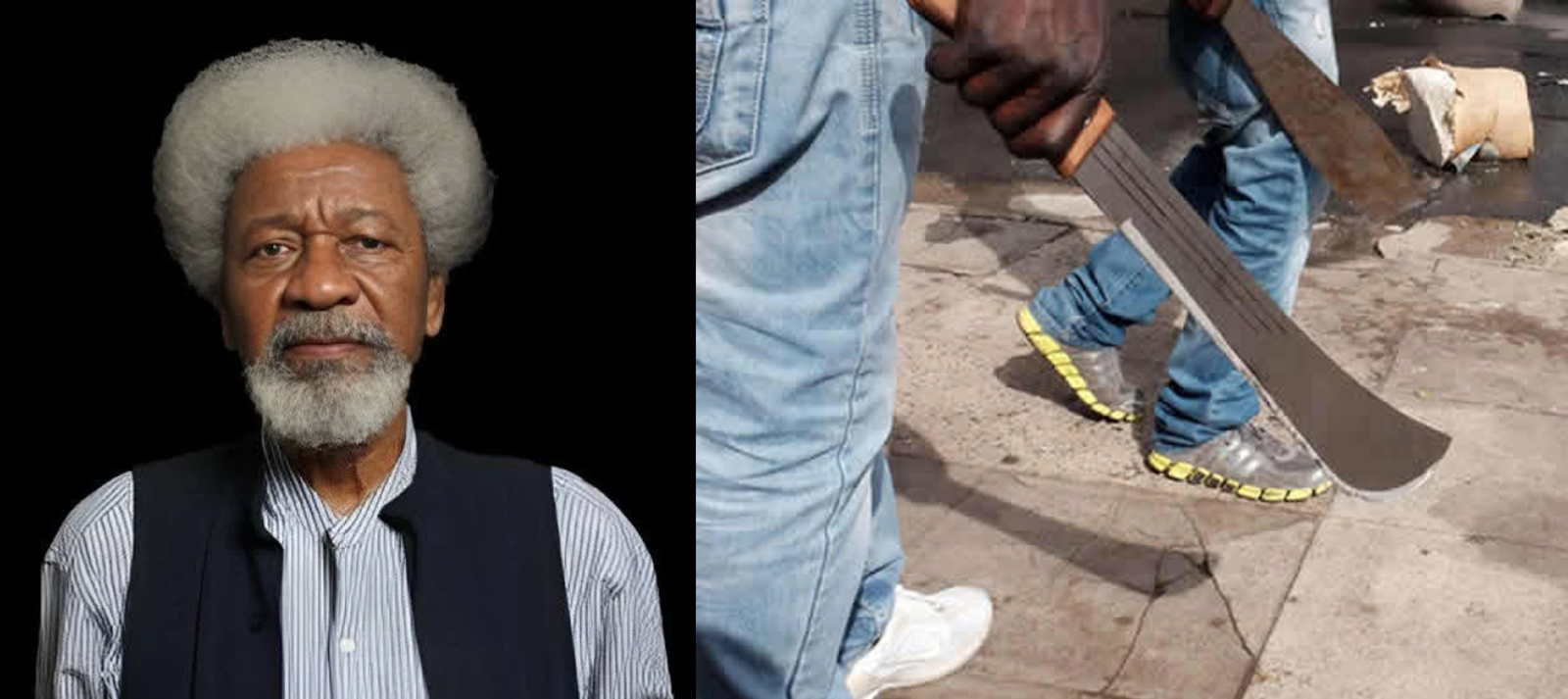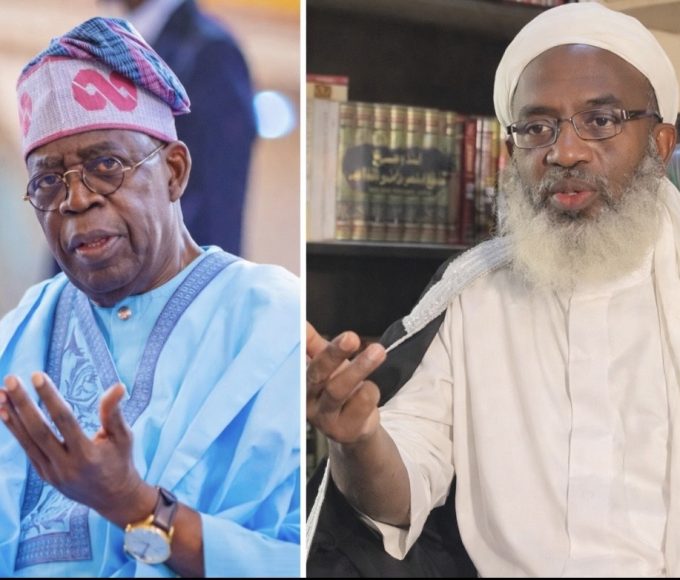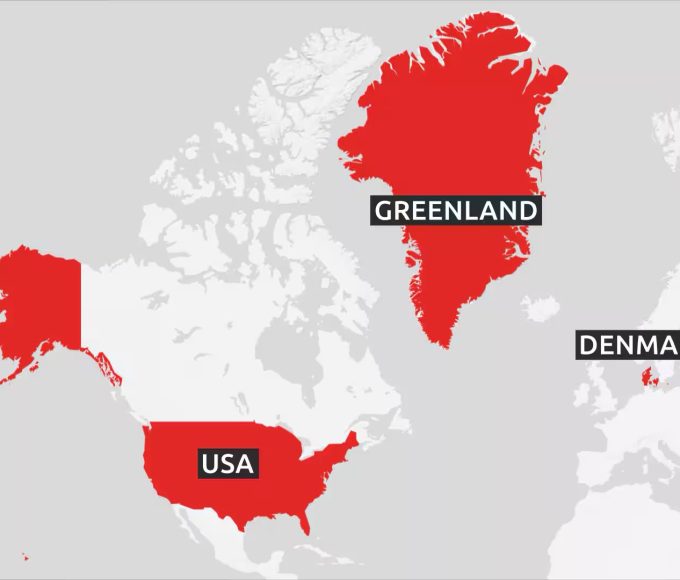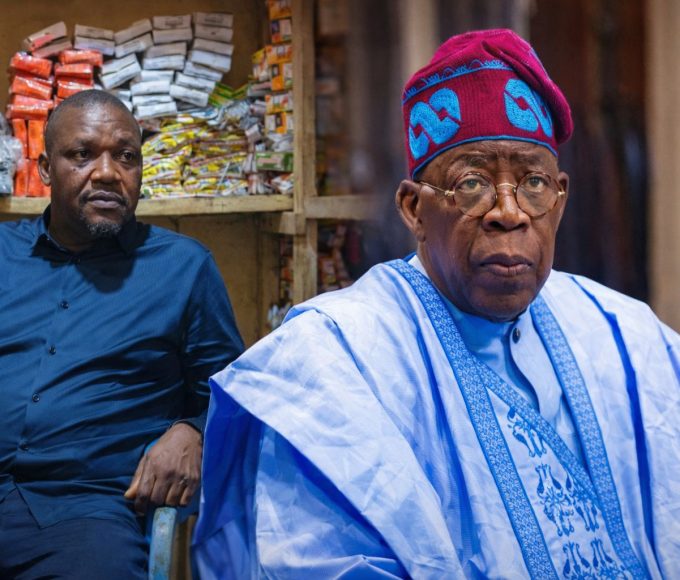
Wole Soyinka’s Campus Roots to Street Carnage: The Deadly Evolution of Cultism in Nigeria

In neighbourhoods across Nigeria, from urban Lagos to smaller towns in Rivers, Edo, Delta, and Ogun States, the streets have become silent battlegrounds, not against a foreign enemy, but against a deadly internal crisis: cultism. Once associated primarily with universities, cult groups have now permeated secondary schools, urban ghettos, motor parks, and even politics. And young Nigerians are paying the ultimate price, with their lives.
More than two dozen cult-related killings were reported across the country in 2025. In Benin City, rival groups engaged in a week-long bloodbath that left over 15 dead. In Lagos, one was hacked to death in a suspected reprisal attack.
This is no longer about school gangs. This is a full-blown security crisis. Teenagers are being armed, indoctrinated, and sent to kill, sometimes for just looking at someone the wrong way.
How Did We Get Here?
Cultism in Nigeria dates back to the late 1950s, when the Pyrates Confraternity was formed at the University of Ibadan by students, including Nobel laureate Wole Soyinka, as an anti-colonial intellectual group. But what began as radical activism eventually splintered into deadly factions. Today, those ideologies are long gone. What remains is a toxic cocktail of violence, extortion, drug abuse, and political manipulation.
According to security reports, modern cult groups are no longer limited to campuses. They operate like mini cartels, with ranks, rituals, weapons, and territories. Some even double as criminal gangs, engaging in armed robbery, drug trafficking, and election violence.
The Cost: A Generation in Peril
For young Nigerians, the lure of cultism is often tied to false promises of protection, power, or peer acceptance, especially in underserved communities where poverty, broken homes, and unemployment are widespread.
Unfortunately, the path in and out is often soaked in blood.
Failure of the State?
Despite repeated promises from state governments and police commands, cult-related violence continues to grow. Laws exist, the Cultism and Other Related Offences Act prescribes 21-year jail terms, but enforcement is weak, mainly where politicians themselves allegedly fund these groups for electoral gains.
Until we stop using these young boys as political thugs during elections, this problem won’t end. Cultism is now part of the power structure, and the poor are its ammunition.
Way Forward
Nigeria needs a multi-layered response:
- Early intervention in schools with counselling, mentorship, and civic education.
- Community-based deradicalisation programmes targeting former cult members.
- Youth empowerment initiatives that will provide employment, skills development, and safe spaces.
- Security reform and consistent prosecution of cult-related offences.
- Most importantly, a cultural shift is needed, one that redefines masculinity, status, and belonging for Nigerian youths.
A War for the Future
Every life lost to cultism is not just a statistic;
It’s a broken family, a buried dream, and another blow to Nigeria’s future. As young people continue to die in alleys, school yards, and bus stops, the country is facing a silent war for the soul of its next generation.
Until that war is taken seriously by leaders, communities, and parents alike, Nigeria’s youth will keep bleeding for a cause that offers nothing in return but violence and death.
Read More:
- Togolese Government Accuse ‘Foreign Actors’ of Inciting Violence in Protests Against Gnassingbé’s Rule
- Niger to Build 40 New Health Facilities to Boost Maternal and Child Care, Emergency Services, and Jobs
About The Author
Related Articles
Mali Tightens Grip on Explosives Supply With New Majority Stake
The Malian government has taken majority ownership of a civil explosives manufacturing...
ByWest Africa WeeklyJanuary 29, 2026Tinubu Follows Gumi’s Lead as Nigeria Signs Turkey Defence Deal, Fueling Speculation Over Who Really Controls the Country’s Security Policy
Nigeria’s diplomatic and security strategy is once again under scrutiny after a...
ByWest Africa WeeklyJanuary 28, 2026Trump’s Greenland Threat Forces Europe to Taste the Logic of Western Colonial Power
It rarely begins with soldiers. More often, it begins with a sentence,...
ByWest Africa WeeklyJanuary 21, 2026Tinubu Government Claims Intelligence Cooperation With the US, Yet New York Times Publishes Conflicting Story Following $9 Million US Lobbying Effort
When the New York Times published its investigation suggesting that claims from...
ByWest Africa WeeklyJanuary 19, 2026












Leave a comment